‘It’s the hope that kills you’: Keir Starmer waits for Trump’s next move
The Oval Office row and the suspension of military aid to Ukraine dominated the first half of last week; now Starmer is waiting to see what Trump does next

In Downing Street they know that the stakes could not be higher. Officially they are planning for a week of domestic announcements on planning and civil service reform.
Bats, newts and the machinery of the government appear to be very much the order of the day. But behind the scenes all the focus is on influencing decisions being taken nearly 4,000 miles away in Washington.
President Trump’s next moves have the potential to define both Sir Keir Starmer’s legacy as prime minister - specifically his hopes of acting as a “bridge” between the United States, Ukraine and Europe - and the wider security of Europe. There is trepidation in No 10. On the one hand there is optimism that attempts to broker a rapprochement between Trump and President Zelensky of Ukraine could be on the cusp of coming off.
There is the prospect of a “deal in the desert”, as it is already being billed in Whitehall, with Ukraine and the US holding talks in Saudi Arabia on a potential ceasefire deal. That could be followed in short order by a joint trip to the White House by Zelensky, Starmer and President Macron of France. While there are no plans for the trip next week, the prime minister is ready to go at a moment’s notice. Starmer believes that seizing on the momentum in a fast-moving situation is critical.
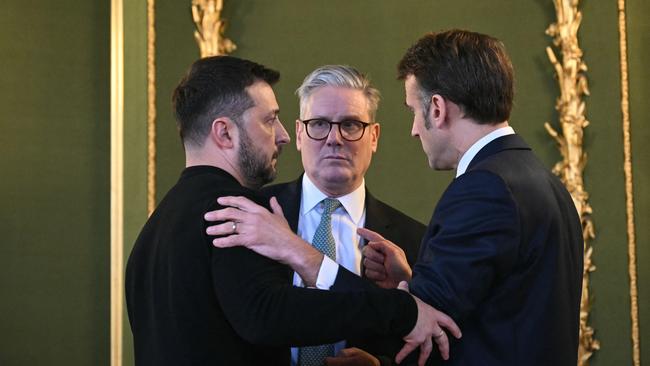
But at the same time there is the brutal reality of what is unfolding on the ground. Trump’s decision to suspend military aid and to stop sharing intelligence with Ukraine was intended as a negotiating tactic but it has had immediate consequences. Ukrainian forces report that the intelligence embargo means they are no longer being supplied with the data they need to hit Russian targets accurately.
The same intelligence is also key in stopping incoming drone and missile attacks. Senior figures in the Ministry of Defence were left “shocked” by the decision, with one suggesting that it shows that Trump and his administration “are prepared to have civilian blood on their hands”. The UK and France have continued to supply their intelligence to Ukraine, but the situation is becoming increasingly urgent.
Keeping up with the breakneck pace of the Trump administration is not easy. The Oval Office row with Zelensky, public attacks on European leaders and Trump’s decision to suspend military aid dominated the first half of the week. There was a complete change of tone in the second half. Trump opened the way to signing a minerals deal with Ukraine, praising Zelensky and suggesting that military aid could be restored. But just when matters appeared to be back on track, on Thursday night Trump cast doubt on the willingness of the United States to defend Nato allies if “they don’t pay”. Given that Trump’s recommitment to Nato during Starmer’s visit last week was seen as a key win for No 10, it did little to calm nerves.
“Honestly the mood changes with every news cycle,” one ally of Starmer said. “Take Article 5. The big win from the PM’s trip to Washington was to get Trump to publicly recommit to mutual defence. And yet look what he did yesterday (Friday) - he’s opened it all up again. Ultimately it’s the hope that kills you.”
At least the diplomatic mood music appears to be in the right place. Trump was “very encouraged” by an olive branch from Zelensky in which he hailed the US president’s strong leadership and set out plans for a ceasefire.
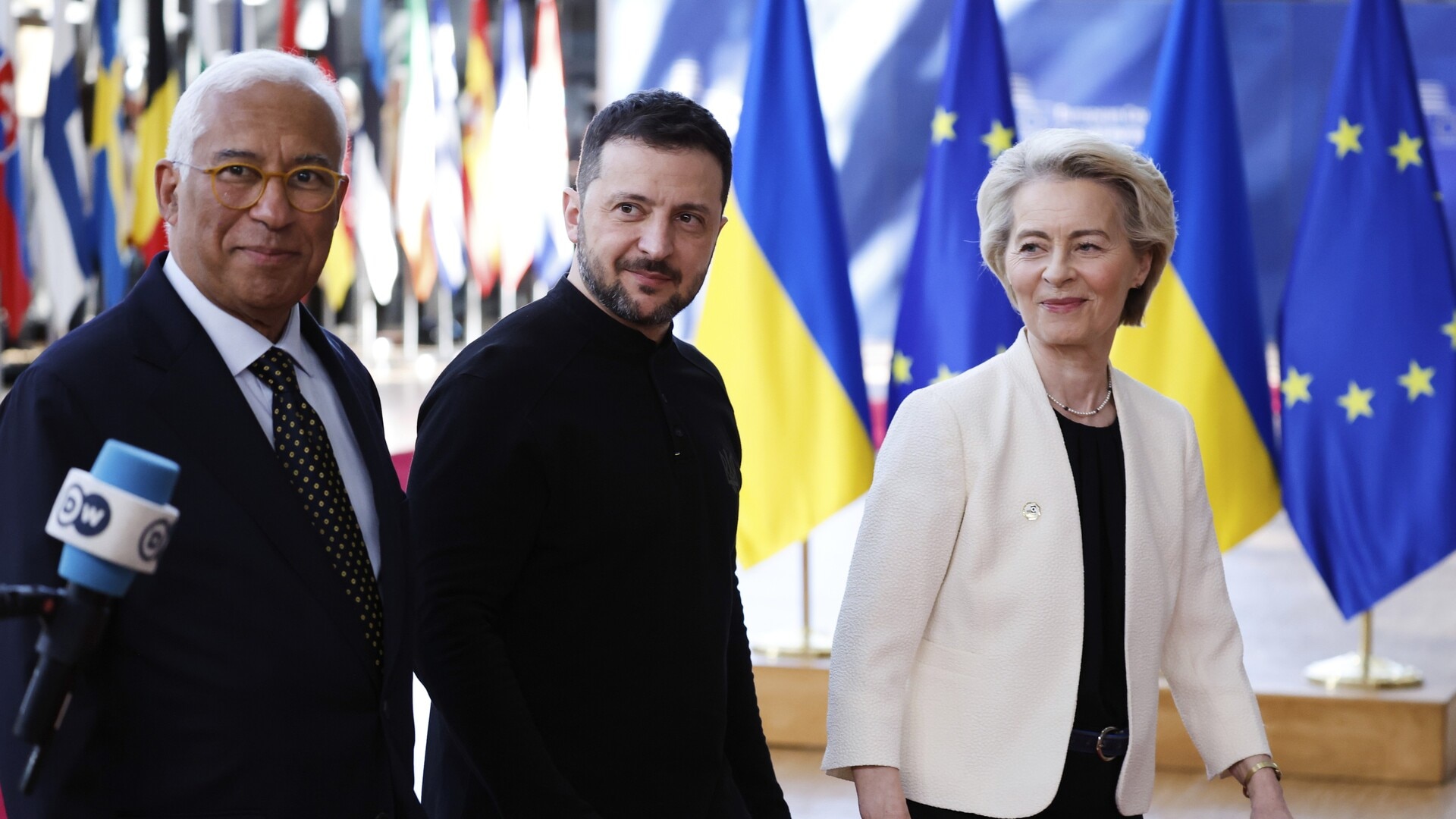
Some insiders believe that this is a defining moment for Starmer. Given how often he has been criticised for a lack of a clear vision and political identity, he is making choices - on defence spending and on the international stage - which articulate his priorities.
Starmer wants to do whatever it takes to get the US and Ukraine back around the table and believes that the UK can act as a bridge. His team talk about a renewed sense of purpose. A YouGov poll for The Times found that the prime minister’s popularity level has risen to the highest level since the end of last summer. A third of voters (32 per cent) now think he is doing a good job as prime minister, up nearly ten points since the middle of last month. Asked how he has handled Trump’s approach to Ukraine, 46 per cent of voters believe he has done well compared with 29 per cent who think he has done badly.
Starmer is said to believe that how he handles the paradigm shift in Washington under Trump and the UK’s future relationship with both Europe and the US will “define” his premiership at least as much as Labour’s domestic agenda. “He feels that strongly because it is quite an existential question - how do we preserve what’s left of liberal democracy,” an ally of Starmer said.
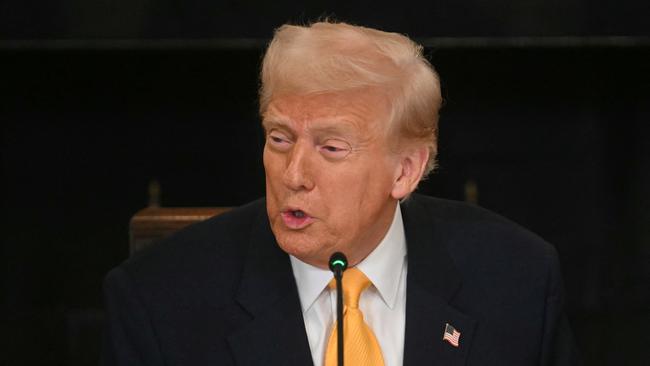
Deprived of US intelligence, Ukraine is unable to use Himars rocket launchers and ATACMS missile systems to strike Russian positions, provoking fears that in a future conflict Trump could effectively block allies from fighting if he deemed it not in America’s interests.
In the UK, many in government take the opposite view and argue that investing in US weapons will give Trump a stake in Europe. They are lobbying Starmer to approve the purchase of American F-35 fighter jets over Eurofighter Typhoons to replace 24 aircraft that are being retired.
Not everyone agrees. Last week Sharon Graham, the general secretary of Unite, held an emergency meeting with John Healey, the defence secretary, where she lobbied for British jobs and argued that Trump was not the most reliable partner.
Aware that Healey would come under pressure from Pete Hegseth, the US defence secretary, to approve the purchase of F-35s during his visit to Washington, Graham made follow-up calls pointing out the 2,000 jobs in the UK supported by the F-35 programme, compared with 26,000 that depend on manufacture of Typhoons.
Healey put on a show of unity. “When the call comes, we are together,” he told an event to mark the 250th anniversary of the Marine Corps at the British embassy. “We don’t stand alone.” That unity is being sorely tested.
Additional reporting by Oliver Wright, Larisa Brown and George Grylls
The Times

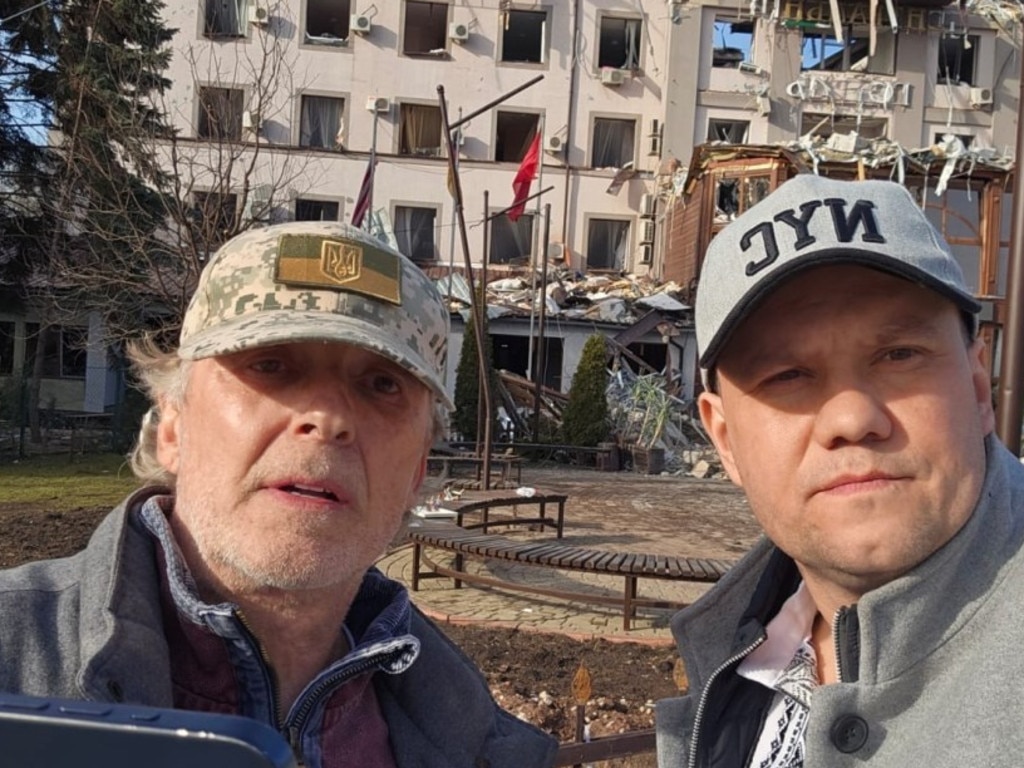
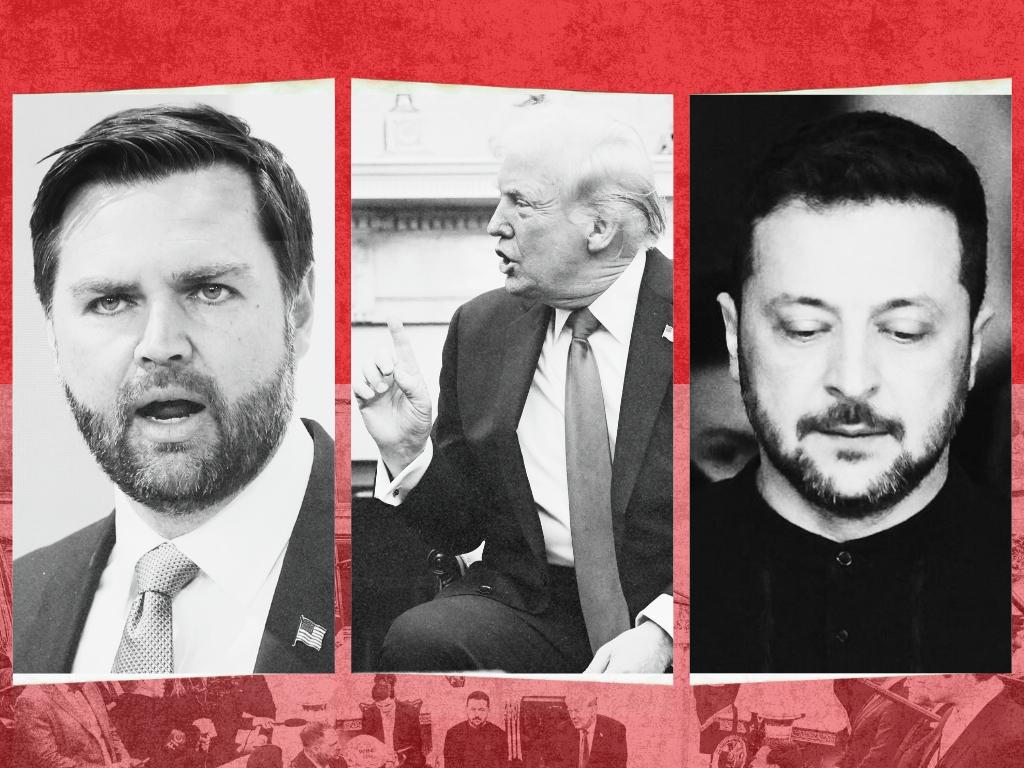


To join the conversation, please log in. Don't have an account? Register
Join the conversation, you are commenting as Logout